CASA BLOGS
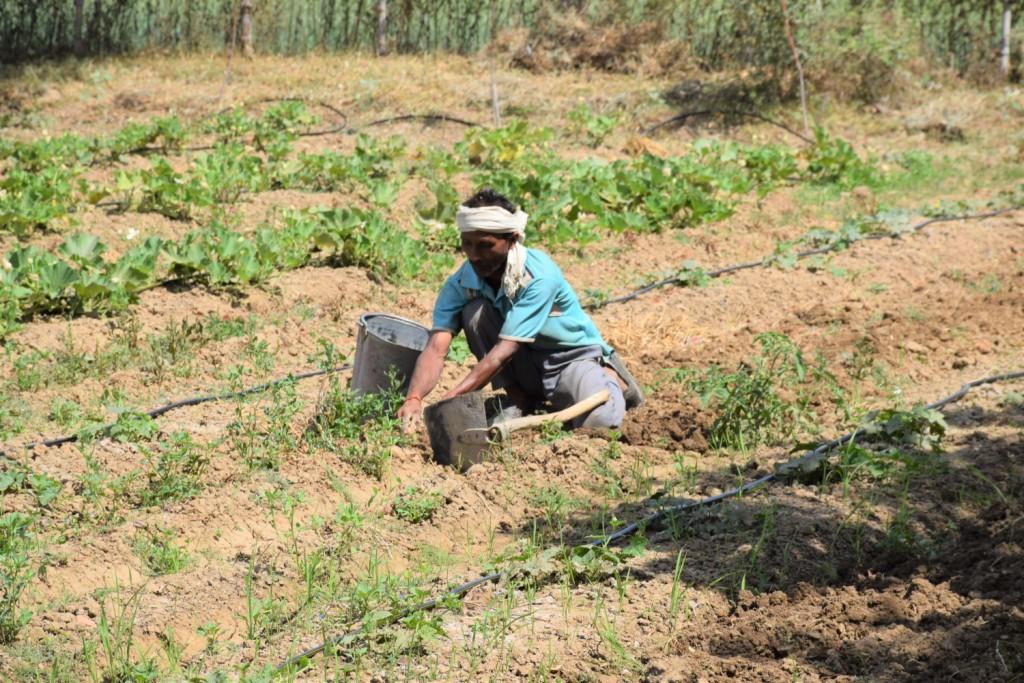
Agricultural Sustainability in Rajasthan: Current Challenges and Future Perspective
BY DINESH VYAS
Rajasthan which is already facing agricultural crisis in view of low water availability, poor soil health, small land holdings, frequent droughts and poor post harvest managements, needs to focus more on sustainable agriculture practices when climate change related impacts will be posing more consequences to this sector in future.
Crop Production and Major challenges:
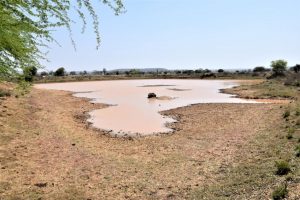 Rajasthan not only faces the issues related with low production and productivity but income from agriculture is also very low and other side farmers are overburdened with input cost and agriculture is not seen as a viable option for livelihood if immediate steps are not taken to improve the status. Minimum Support Price (MSP) and debt on farmers is already a hot issue discussed and debated at national level, while farming is facing a large crisis across the country and an immediate focus is needed towards the overall sustenance of agriculture sector in the future. Sustainability of agriculture sector in Rajasthan is affected with manly with crisis of water, soil fertility, land use pattern, climate changes and many other institutional factors though intensity of impact varies from one region to another.
Rajasthan not only faces the issues related with low production and productivity but income from agriculture is also very low and other side farmers are overburdened with input cost and agriculture is not seen as a viable option for livelihood if immediate steps are not taken to improve the status. Minimum Support Price (MSP) and debt on farmers is already a hot issue discussed and debated at national level, while farming is facing a large crisis across the country and an immediate focus is needed towards the overall sustenance of agriculture sector in the future. Sustainability of agriculture sector in Rajasthan is affected with manly with crisis of water, soil fertility, land use pattern, climate changes and many other institutional factors though intensity of impact varies from one region to another.
Availability of water for the agriculture is a major concern in the state, where most of the area comes under rain fed area and grows food crops along with a primary focus on fodder production for animal. Crops in these areas are grown with a high risk, if its good monsoon than crop production crashes the market and farmer gets a low price for their production and if there is drought than they have to face a severe loss of production.
Land use and distribution from small, marginal and big farmers follows a much skewed pattern in nature with an average land holding of 3.07 Hector, which is a major barrier to any innovative measure need to be taken for the crop production and improvement of the soil productivity.
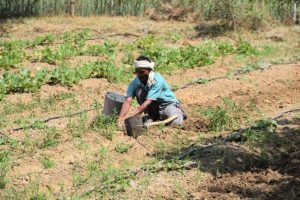
Area wise being a largest state, Rajasthan has a varied topography and soil texture differs a lot from one area to another. Soils of the state have low microbial activities and poor soil organic carbon due to which more than 75% soils of the state are not in good health. Deficiencies of Nitrogen, Phosphorous, Sulphur, Zinc and Iron are quite common. All these soil health related issues also affect crop production a lot in the state.
Agro-climatic conditions in Rajasthan are reflected with extreme temperatures, high-evapo-transpiration along with an uncertain, erratic and scanty rainfall patterns but current global climate crisis is also posing a potential threat to increase in these activity and agriculture sector will be badly affected if proper adaptation measure are not taken timely.
Rajasthan already has an institutional set up under agriculture department of the state to boost the agriculture sector of state and takes care of innovative research in agriculture, soil conservation along with soil health issues, providing improved seed varieties, promotion of organic farming, crop insurance along with implementation of many other state and central sponsored schemes.
Agricultural Sustainability and Way Forward:
Sustainable agriculture is not a simple term to define the stability of the food production but as per FAO, to be sustainable, agriculture must meet the needs of the present and future generations for its products and services along with ensuring profitability, environment health, and social and economic equity. Sustainable Agr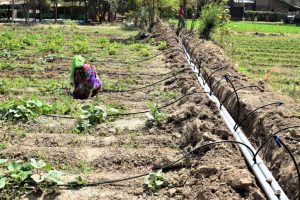 iculture contributes to all pillars of food security- availability, access, utilization and stability in a manner that is environmentally, economically and socially responsible over a time.
iculture contributes to all pillars of food security- availability, access, utilization and stability in a manner that is environmentally, economically and socially responsible over a time.
Rajasthan the state which is already facing agricultural crisis in view of low water availability, poor soil health, small land holdings, frequent droughts and poor post harvest managements, needs to focus more on sustainable agriculture practices when climate change related impacts will be posing more consequences to this sector in future.
A lot of work has already been done in the field of soil and water conservation by Govt., NGO’s and other civil society actors with active engagement of public but there is a need to integrated this work with agricultural sustainability in terms of improving of soil health and increasing effective use of water with latest techniques like-Drip irrigation, protected farming and sprinklers etc. There is a need to increase availability and access of all these services to poor and marginalized farmers who holds a large chunk of agriculture which requires more input to make it sustainable.
Improving soil health is one of the important areas and this could be only possible when soil health data is available and accordingly a sustainable cropping pattern is decided. Presently in state, there are 58 Soil Testing Laboratories in which 12 are mobile, 14 are static on PPP Modes and rest at district level. The annual combined capacity to test soil samples is about 5.22 lakhs as per data available. Providing soil health card is good scheme in this field, where soil health data will be collected periodically and based on that major & micro nutrients analysis of soils will be done.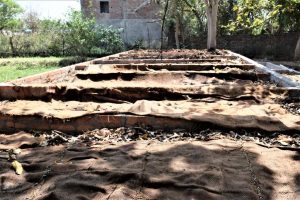
Water resource management and changing cropping pattern as per the soil health and availability of water is very essential for the agricultural sustainability in Rajasthan, where Govt. has already promoting area wise suitable water structures and a lot work has also been done by the NGOs. Now variety of certified seed qualities are available which requires very less water with maximum production but now a large up scaling of these initiatives is required, where benefit goes again to poor and marginalized farmers who have small land holdings and they are more vulnerable even due to changing climate context and other economic negative impacts on agriculture.
Promotion of organic farming at a large scale is very necessary. A large chunk of farmers already have a potential to produce organic manure as they are following animal husbandry practice also and if they are trained and capacitated do this in more systematic way, this will reduce their dependency on chemical fertilizers as well as on harmful pesticides. Govt. is already promoting this but its scale is very low and market of chemical fertilizers and pesticides is dominating that expansion of organic remains secondary.
The impact of Climate Change catastrophe is emerging as a potential threat to agriculture, where changing temperature patterns, precipitation and seasonal variability are the few of challenges already posing a threat to the sector. There is a need to establish a proper weather monitoring system, which provides periodical data analysis on these phenomenon, where farmers are able adopt better adaptation strategies to sustain their agricultural activities.
Lastly, sustainability in the agricultural sector would not be possible with a standalone effort but it would need an integrated approach, where all these above mentioned measure need to be considered with promoting innovative research in the field of agriculture along with adoption of feasible technologies and various other inputs required to sustain not only the production but establishing a market system which provides maximum benefits to the farmers with lesser input cost to their products.
 Previous Blog Post Living on the edge: Children of Tea Gardens
Previous Blog Post Living on the edge: Children of Tea Gardens RUKMANI: OUR FUTURE DOCTOR
RUKMANI: OUR FUTURE DOCTORFeatured Post
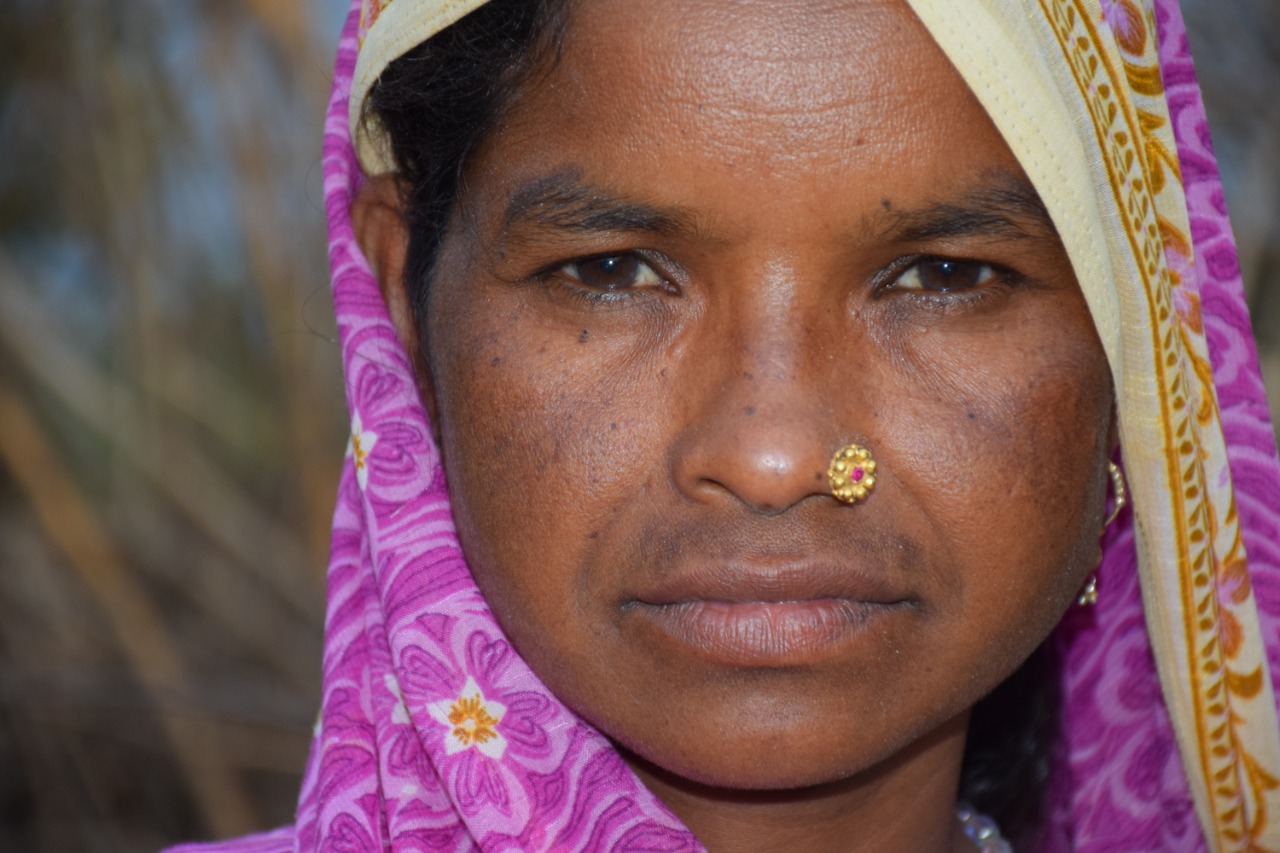
Mental Health Awareness in India: Addressing Key Challenges
8 Nov 2024
Mental health awareness is crucial in India, where millions silently struggle with mental health disorders, including depression, anxiety, and bipolar disorder. Despite growing recognition, India faces unique challenges in effectively addressing mental health issues. The stigma associated with mental illness remains a primary barrier. In Indian society, mental health issues are often misunderstood, leading to […]

Ensuring Girls’ Safety in India: A Path Toward Empowerment
20 Aug 2024
Girls’ safety in India remains a critical issue that has garnered increasing attention over the years. Despite various reforms and efforts from both government and civil society, challenges persist. From street harassment to domestic violence, gender-based discrimination continues to limit the freedom and safety of girls. While significant progress has been made in addressing these […]
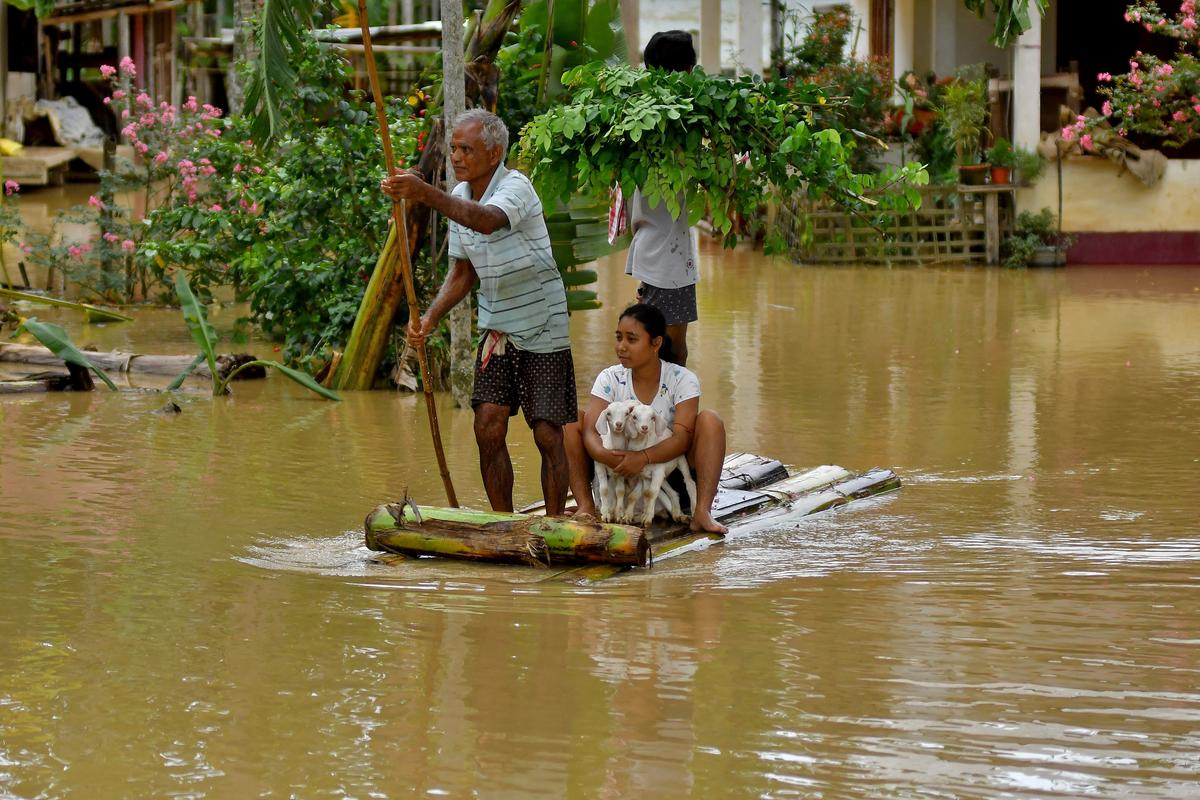
The Connection Between Monsoons and Floods in India: An In-Depth Analysis
9 Jul 2024
India, a land of diverse climates and geographical features, relies heavily on the monsoon season for its agricultural and water resources. However, with the benefits of the monsoon rains come significant challenges, particularly in the form of floods. This blog explores the intricate relationship between the monsoon season and flooding in India, providing detailed insights […]



